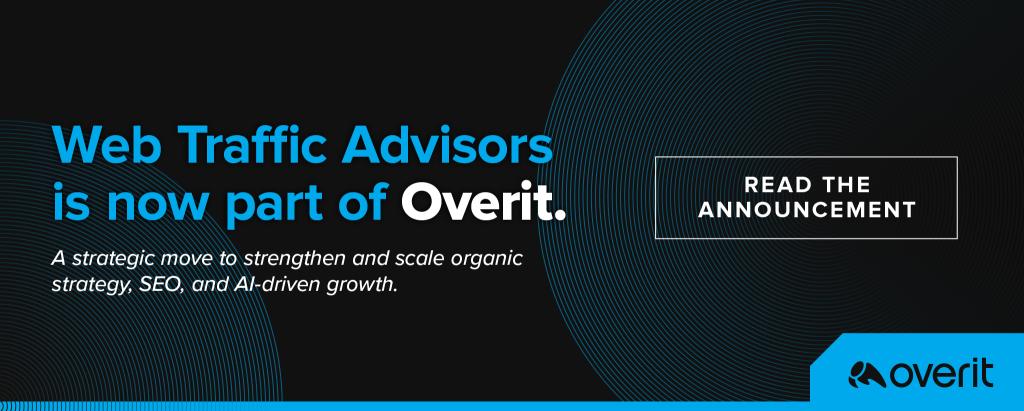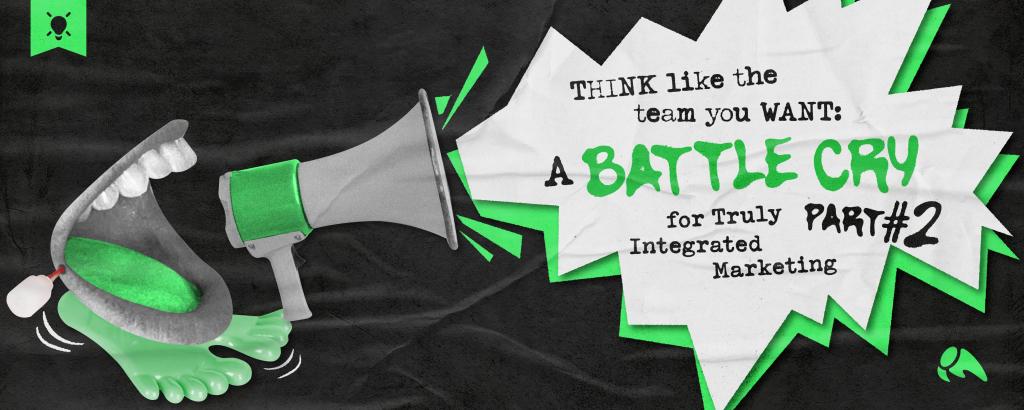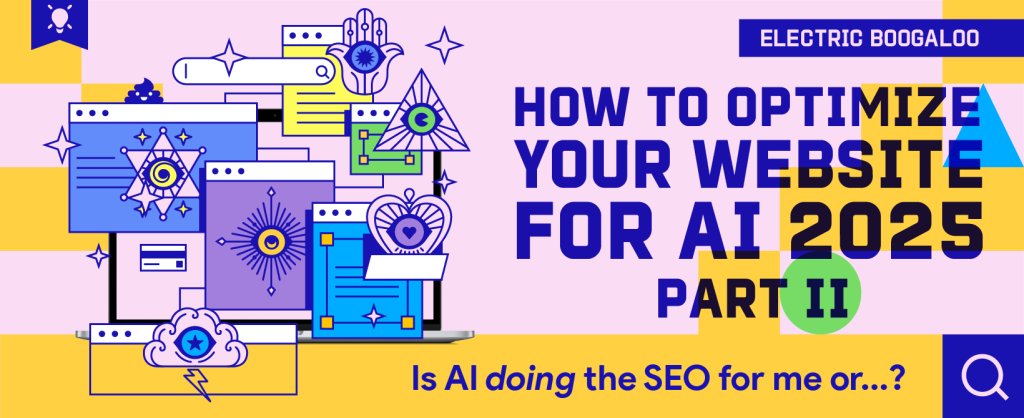
No rest for the weary, our next session is starting up immediately following the last one! Chris Guillebeau, one of my favorite Internet people, is up to talk about how to get everything you ever wanted. This should be good.
We begin.
Do you remember when you were six years old and you met a new teacher, one of your parent’s grown up friends or any other random adult? They all asked you the same question–what do you want to be when you grow up? Do you remember what your answer was?
Chris makes the people in the front of the room share their answer and I am immediately relieved I’m covered by the darkness. One person wanted to be a flight attendant. Someone else wanted to be a mermaid. Another person wanted to be a school bus driver. Chris recalls that his friends wanted to be the president or professional baseball players. Chris wanted to either work for NASA (his father worked there) OR work at Burger King (the greatest restaurant in the world to 6-year-old Chris). Either one.
Eventually we all grew up. Now, people stop asking what you want to be when you grow up, they ask you what you do.
Depending on where you are in life, you either love this question or you hate it. It comes with judgement. They ask what you do, not how you get there.
All of us spend 30 hours a week at work. More than a third of our waking lives. Where does that time go? [Usually to coffee and crying. And then more coffee.]
How do you find what you’re meant to do?
We need purpose and meaning in our work.
We remember pride more than we remember a bonus or a great payday. Before Chris was writing books he lived on a hospital ship in West Africa. One of his responsibilities was to oversee crowd control for a large scale medical training. They’d go to a soccer stadium where thousands of people would assemble. He wasn’t qualified to offer medical treatment. His job was to coordinate all of the logistics. It was a very intense and challenging experience. At the end of the day he felt exhausted but he felt so purposeful. He was so, so glad he could do something like that. He would go home to the U.S. and shared that he had found purpose and meaning in what he was doing.
Mission and purpose matter just as much as money, if not more. Everyone wants to find a way to do something that matters.
Working conditions matter just as much as the work itself.
Your working conditions will vary based on who you are. But they’re not superficial, they actually matter. Find where you do your best work and feel the most comfortable. Find the right balance of independence and accountability. You want to feel like you are a part of something bigger than yourself and that you have some say over how it’s done and the mission that you’re working toward.
How you work is just as important as the work you do.
All of us want the same three things.
- We want to do something that we enjoy.
- We want to be paid well for it.
- We want to be good at it.
We call this model joy, money and flow. You want to find the intersection point between all three of these variables.
Joy: What we love to do
Money: What sustains us
Flow: What we’re really good at
The road to finding what you are meant to do is filled with detours. But these things bring you to the best possible destination. Some of the people who are happiest in their careers have traveled in the most non-linear paths. Some people find this through entrepreneurship.
Entrepreneur: Someone who will work 24 hours a day for themselves to avoid working an hour a day for someone else.
Don’t be innovative, be helpful. You won’t be happy without the combination of joy, money and flow.
Chris ends by telling us what to do RIGHT NOW to get what we want:
- Make a commitment to quit your job every year unless you decide staying put is the best possible choice for you at this time. If it’s not, look for something different. Sorry, bosses of America.
- Start a side project, even if you prefer to remain at a traditional job. [Are there really “traditional jobs” anymore? This doesn’t feel traditional.]
- Don’t think like a CEO, think like a janitor. A CEO has access to thousands of employees. A billionaire invested has access to capital and resources. Great for them. A janitor is someone who goes all over the building, talks to everyone, and works odd hours.
- Whenever you find yourself in decision paralysis, here’s how to choose. Use his decision making matrix (free on his website), flip a coin and ask what you’re secretly hoping it is, or just flip the coin.
And with that, we’re off. Now go quit your job and do something purposeful! Or just meet us back here in an hour for the next session.
[Want more from #adtechSF? We don’t blame you–find all the ad:tech San Francisco coverage you can handle right here.]







